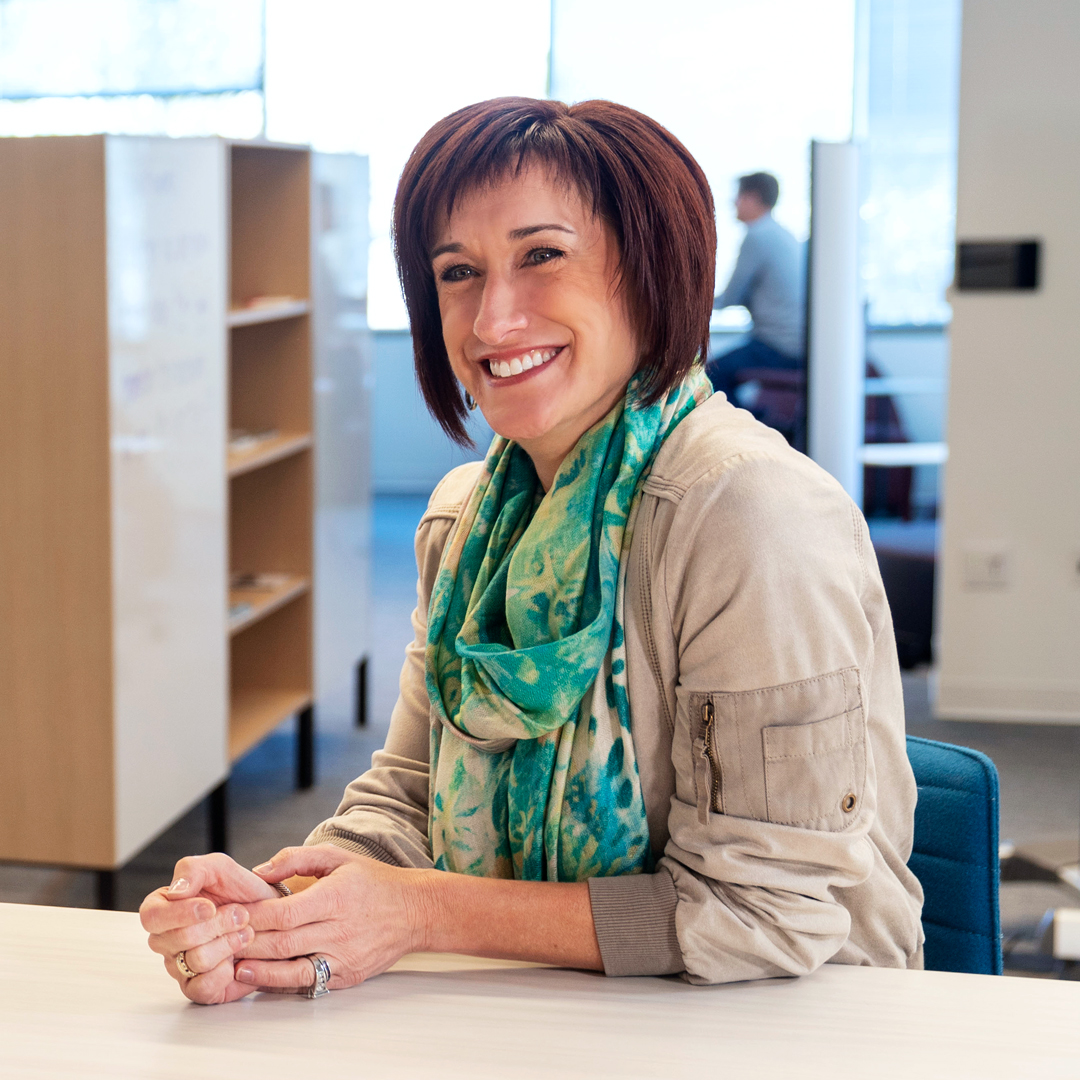Derek Smith is a builder, not a breaker. As associate general counsel at popular home-sharing marketplace Airbnb, Smith uses the entrepreneurial skills he has learned as both a lawyer and a musician to help the legal department thrive on a global level.
After graduating from Harvard University, Smith went to the University of Oxford planning to complete a master’s degree focused on deterrence theory and the United States’ strategy for handling the proliferation of weapons of mass destruction. That was a highly topical area of study for the early 2000s, Smith notes, and he ultimately decided to stay on at the university to complete a PhD in international relations.
But to Smith, his area of study at Oxford is far less relevant to his current career path than his choice of extracurriculars. “Music is very important in my family, and I’ve been singing a cappella throughout my life,” he says. “When I got to Oxford, I noticed that they didn’t have any all-male a cappella groups. So I decided to start my own group, called Out of the Blue.”
And according to Smith, his decision to found Out of the Blue did far more than simply sustain his passion for music.
“That experience sparked my interest in entrepreneurship, and made me more willing to go in-house and take more of a start-up route rather than stay on the more traditional law firm path,” Smith explains. “It taught me to take risks, it taught me how to build something from scratch, it taught me how to think about organizational dynamics and team motivation, and it taught me how to market something in a way that not only gets it off the ground but actually helps it thrive.”

That joy of building something new has stayed with Smith over the years, he says. In fact, it’s what inspired his move in-house after spending four and a half years as a litigation associate at Latham & Watkins, a role that despite being very stimulating was “ultimately more about fighting over things that were broken.”
“In an in-house role, your purpose is to help grow and improve the business,” Smith says. And Smith has certainly seen growth during his tenure at Airbnb. “When I joined the company in June 2016, the legal department was only twenty to twenty-five people, and the company itself had roughly two thousand people,” Smith recalls. “The company has tripled since then.”
Today, Airbnb’s legal team comprises nearly 150 people. That not only means that they are able to specialize and give more nuanced legal advice to different regions around the world, but also means that the legal department is able to manage risk for the company—or, as Smith puts it, better able to escape the “fighting fires” mentality.
“When you’re a small team, all you can do is find the fire, assess the damage, and then do something about it as fast as you can,” Smith remarks. “We still have some people acting as firefighters—because someone always has to be the firefighter—but now more people can devote their attention to thinking about where things are smoldering, what kind of damage could be done if those things develop into fires, and how we can help the company prevent those fires from erupting.”
“We still have some people acting as firefighters—because someone always has to be the firefighter—but now more people can devote their attention to [fire prevention].”
Of course, having a bigger legal team also comes with some downsides. “The biggest challenge is communication,” Smith notes. “A global team can’t fit in a single room for meetings like a small team can, and effective communication becomes much more difficult.”
But Smith has developed a solution to his problem. He schedules biweekly meetings for the legal teams he works with, rotating the time of the meeting to ensure that he accommodates team members in Asia and Europe as well as the United States.
“It can be nearly impossible at times to set up meetings so that they’re inclusive for the entire global team, but we find a way because we want to achieve a true diversity of opinion,” Smith remarks.
Even once the meetings are scheduled, Smith still has to select which topics from the team updates should be part of the meeting agenda. This is because only some updates are worthy of discussion in a meeting, he points out.
“If anything doesn’t need to be discussed live, then it is better communicated by email. And after the meeting, we follow up with a list of very clear action items identifying who is responsible for what,” Smith says.
Beyond all of those elements, Smith says, there remains one more key to an effective meeting. “I bring my Pomeranian, Hippo, to most of our meetings. He keeps everybody happy and calm and makes everything just a little more lighthearted,” Smith says with a laugh.
Open Homes, Open Hearts
According to Derek Smith, Airbnb hasn’t just been growing its business—the company has also been expanding on its original “lightbulb idea” of making efficient use of spaces that go unused through a philanthropic initiative called Open Homes.
“Open Homes provides temporary housing for people who have been displaced because of a refugee crisis or natural disaster, or for medical patients who need specialty care and are traveling to visit a specific hospital,” Smith says. “It asks hosts to open up their homes out of generosity and not just for financial reasons.”
Airbnb has already found temporary housing for more than thirty thousand people through the Open Homes initiative, Smith says, and isn’t stopping anytime soon.

